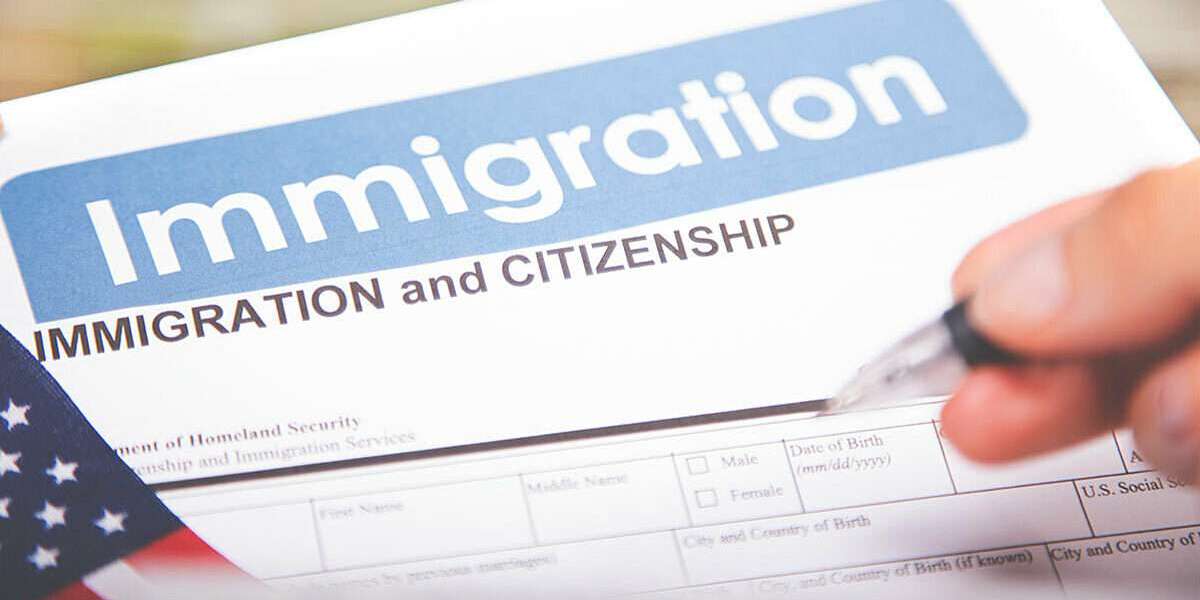Acquiring British citizenship is a significant milestone for immigrants in the UK, offering security, rights, and a sense of belonging. However, the journey to citizenship is not always straightforward. There are two primary routes to becoming a British citizen: naturalization and registration. Understanding the differences between these two pathways is crucial to choosing the one that best suits your situation.
At Immigration Solicitors4me, we provide expert guidance on both naturalization and registration, helping you navigate the complexities of British immigration law. Our team ensures you have the right information and legal support to make informed decisions about your future in the UK. When you're unsure about the next step, you might find yourself asking, “Is there a citizenship lawyer near me to help?” The answer is yes—with Immigration Solicitors4me, you have access to experienced legal professionals who can simplify the process.
What is Naturalization?
Naturalization is the most common route to British citizenship for adults who are not automatically entitled to citizenship by birth. It is typically available to individuals who have lived in the UK for several years and hold Indefinite Leave to Remain (ILR) or permanent residency status.
To be eligible for naturalization, you must meet certain criteria, including:
• Holding ILR or settled status for at least 12 months.
• Meeting residency requirements (usually 5 years for non-EU nationals and 3 years for those married to a British citizen).
• Demonstrating knowledge of the English language and passing the Life in the UK Test.
• Meeting the "good character" requirement, which means no recent criminal convictions or immigration violations.
Naturalization is an essential step for those who want to fully integrate into British society. However, the application process can be complex, with strict eligibility criteria and detailed documentation requirements. This is where Immigration Solicitors4me can be invaluable. Our legal experts guide you through every step, ensuring your application is thorough and complete. If you're thinking, "Can a citizenship lawyer near me help make this easier?"—the answer is a resounding yes.
What is Registration?
Registration, on the other hand, is a route to British citizenship primarily for individuals who already have some claim to citizenship by birth, descent, or other special circumstances. This option is often available to children born in the UK to non-British parents, or adults who have lost British citizenship in the past.
Examples of who may be eligible for registration include:
• Children born in the UK who did not automatically become British at birth but later acquire the right through their parents' settlement.
• Individuals who have a British-born grandparent and want to claim citizenship by descent.
• Stateless individuals or those who are part of a specific group that the British government allows to register for citizenship.
Unlike naturalization, registration does not have a strict residency requirement. It is more focused on the applicant's personal circumstances, making it an attractive option for those who qualify. However, registration rules can be intricate and vary depending on individual cases. Immigration Solicitors4me specializes in helping clients determine their eligibility for registration and preparing their applications to ensure the best chance of success. When you wonder, “Is there a citizenship lawyer near me who understands these rules?”, our team is always available to provide the expert assistance you need.
Key Differences Between Naturalization and Registration
1. Eligibility:
• Naturalization: Primarily for adults who have lived in the UK for a specified period and hold ILR or permanent residency.
• Registration: Often for those with an existing claim to British citizenship, such as children of settled parents or individuals with British descent.
2. Residency Requirements:
• Naturalization: Requires meeting residency rules, such as living in the UK for at least 5 years (or 3 years if married to a British citizen).
• Registration: Often does not have the same strict residency requirements, depending on the applicant’s specific circumstances.
3. Good Character:
• Naturalization: Requires applicants to meet the “good character” criteria, which considers criminal records and past immigration history.
• Registration: May still require good character, but the rules can be more flexible in some cases.
4. Application Process:
• Both routes involve detailed paperwork and supporting documents. However, naturalization is generally a more involved process with stringent criteria, while registration can be simpler if eligibility is clear.
Navigating the differences between these two routes can be confusing. Seeking professional help from Immigration Solicitors4me can provide clarity. Whether you’re applying for naturalization or registration, our solicitors will ensure that you meet all legal requirements and submit a robust application.
Which Route is Right for You?
The choice between naturalization and registration largely depends on your personal circumstances and your connection to the UK. If you have lived in the UK for several years and hold ILR or settled status, naturalization is likely the route for you. However, if you were born in the UK or have British family ties, registration may be the better option.
Choosing the right path is critical, and making the wrong decision can lead to delays or rejection. That’s why it's essential to seek legal advice from an expert. At Immigration Solicitors4me, we assess your individual situation, determine your eligibility, and help you decide on the most appropriate route to British citizenship. If you're thinking, “I need a citizenship lawyer near me to help make sense of this process,” our team is ready to assist.
Conclusion
Understanding the differences between naturalization and registration is key to making the right decision for your journey to British citizenship. Both pathways offer the opportunity to secure your future in the UK, but each comes with its own set of rules and requirements. Whether you’re considering naturalization or exploring the possibility of registration, Immigration Solicitors4me is here to help.
Our experienced team of solicitors provides tailored advice and ensures that your application is as strong as possible. So, if you’re asking yourself, “Where can I find a citizenship lawyer near me?” look no further than Immigration Solicitors4me. With our expert guidance, you can confidently navigate the process and take the next step towards becoming a British citizen.








